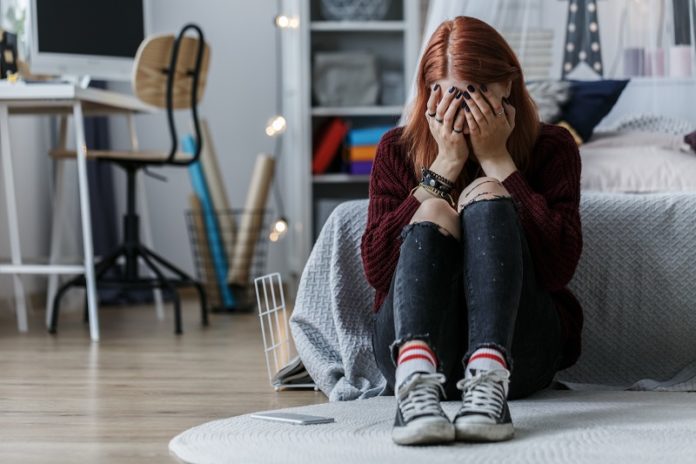Whether it’s a major life experience — the death of a family member, or a wedding — or a mundane event — a heartwarming animal video on Facebook, or an especially frustrating day at work — people cry for all kinds of reasons, good and bad.
When was the last time you cried? Did you feel better afterward? You may have just done yourself a favor.
It may sound counter intuitive, since positive thinking and happiness are generally associated with better health. But you’ve probably heard the expression “have a good cry.” That’s because crying may help relieve tension and stress.
The Science of Crying
Convincing people that crying for your health isn’t hard to do, as many already know it intuitively. Humans are unique in the fact that they are the only species in the world that cries, and human ability to cry is universal. However, that’s where the similarities end.
The American Psychological Association says that different factors affect people’s ability to cry. So if you’re someone who cries more than a close friend or someone you’re always in contact with, there’s nothing you need to worry about.
People who have close relationships with people around them find that it’s easier to cry in front of others compared to those who don’t form relationships easily.
A study published in 2014 in Frontiers in Psychology defines crying as an elaborate act marked by tears falling. When you cry in public, it creates empathy and promotes positive social behavior.
The tears themselves contain stress hormones, so when you cry, you literally release stress.
Different People React Differently to Tears
Unsurprisingly, people have varying reactions to tears. They even perceive the meaning of tears differently. Extroverted people usually feel better after crying.
However, people with depression, anxiety, anhedonia, or alexithymia, tend to feel worse after crying. P
In general, people who cried in front of other people typically felt better than those who cried on their own. B
Men are less likely than women to feel better after crying. When the researchers showed women a movie designed to make people cry, the women who cried intensely experienced less stress. C
The people you’re around when you cry matters. If you’re with family or close friends and shed a few tears, you’re more likely to feel better when you’re done crying.
Conversely, if you’re around people you aren’t familiar with. Or the people you’re around weren’t supportive of you crying in the first place. Y
Teaching Yourself to Cry
Some people may be afraid to cry in public. As they may feel embarrassed or that they’ve crossed some line they shouldn’t have. In Japan, a former high school teacher learned that his students were overwhelmed and weren’t doing anything about it, leading them to cry tears of frustration.
The teacher, Hidefumi Yoshida, now goes around to different schools and businesses in Japan to teach others the art of crying. Which he says is better at improving mental and emotional health than laughing and sleeping.
Crying relaxes your body and gives your parasympathetic nervous system a chance to reboot itself. This isn’t limited to one set of tears. So whether you’re happy crying or sad crying, your body will reset itself.
So next time you’re feeling the stress from upcoming deadlines at work or a movie chokes you up, let the tears fall.
Pop in your favorite tear-jerker movie, or look at something that makes you so happy you can’t help but shed a few tears. The falling tears may be improving your emotional and mental health more than you first realized.








